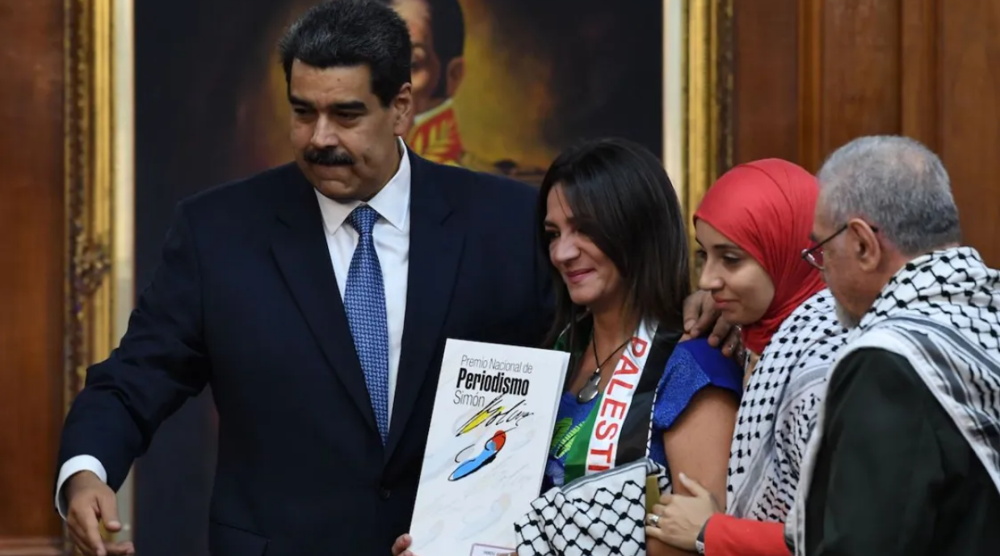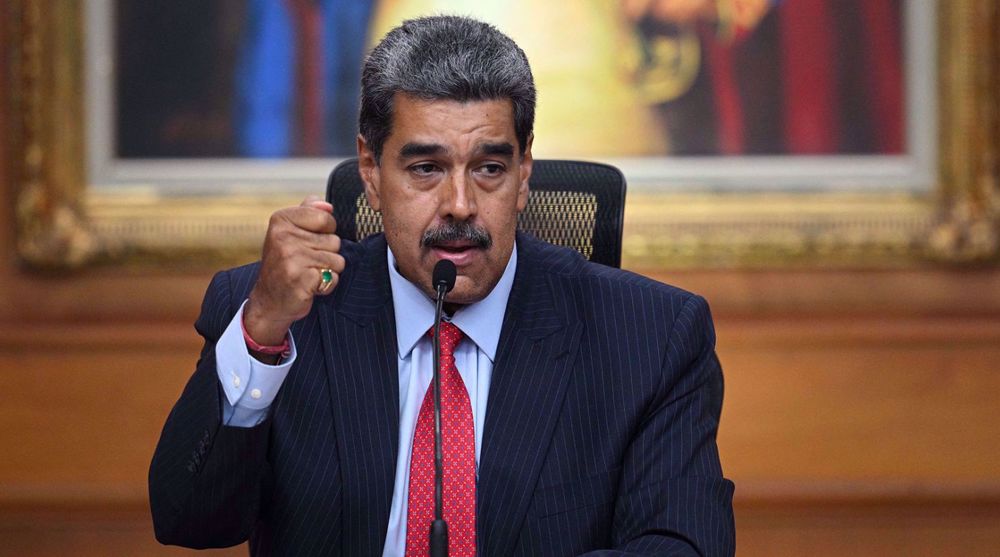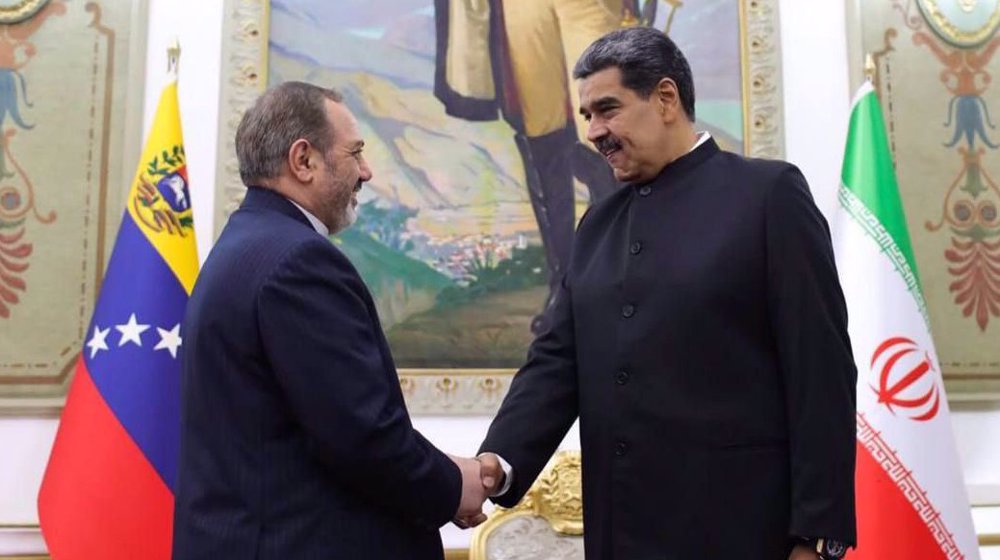Venezuela legislators reject Maduro’s state of emergency
Venezuela’s opposition-led National Assembly has rejected the state of emergency decreed by President Nicolas Maduro.
The legislators refused to endorse the decree on Tuesday, saying that the move “deepens the severe disruption of constitutional and democratic order that Venezuela is suffering through,” and that Maduro had disregarded the country’s constitution by issuing the order.
Maduro announced a full-blown 60-day state of emergency on Friday, expanding the state of “economic emergency” he had declared in January.
The decree will give the government and security forces special authorization to maintain order and supply basic necessities such as food and services across the country.
The new security measures will be put to a test on Wednesday, when nationwide opposition demonstrations are scheduled to be held to demand that electoral officials proceed with a referendum on ousting the president.
Venezuela is suffering from an acute economic crisis. Electricity supplies are low, and working days have been reduced to two days a week only. Hospitals are said to be in critical need of supplies; some medical devices are broken; and a number of hospitals are even said to be running without enough water to wash away blood from operation beds.
Since 2014, Venezuela has been grappling with protests against Maduro, with the opposition vigorously pushing for a recall election.
Maduro’s critics blame him for the country’s deep recession, triple-digit inflation, and the dire shortages of basic commodities. They have been calling for his removal more vociferously since last December, when the opposition gained control of the National Assembly in legislative elections.
The Maduro government has denounced the opposition’s plans as a US-backed attempt to bring about a coup d’état in the country.

Also on Tuesday, Maduro called the referendum “not viable,” accusing the US of playing a role in the recent upheavals in Venezuela.
He also said that a US military surveillance aircraft made “illegal entry” into Venezuela’s airspace earlier this month.
Venezuela air force had detected two incursions by a US E-3 Sentry plane, on May 11 and May 13, Maduro said, adding that his government would lodge a formal complaint.
In another Tuesday development, Venezuelan opposition leader Henrique Capriles called on the army to choose whether it is “with the constitution or with Maduro.”
He made the remarks after Maduro declared the state of emergency.
“I say to the armed forces: the moment of truth has arrived to decide whether they are with the constitution or with Maduro,” Capriles said.
Relentless Israeli ceasefire violations justify need for self-defense: Lebanese MP
Tel Aviv tells Damascus Israeli forces will remain in occupied territory: Report
Dec. 22: ‘Axis of Resistance’ operations against Israeli occupation
‘Abhorrent’: Oxfam says only 12 trucks delivered aid in North Gaza since Oct.
VIDEO | Leader receives religious eulogists on Hazrat Fatima birth anniv.
Pope Francis slams Israel’s ‘machine-gunning’ of Gaza children
US hostage-taking of Iranian nationals violation of intl. law: Deputy FM
VIDEO | Carol Singers for Palestine on London’s Parliament Square














 This makes it easy to access the Press TV website
This makes it easy to access the Press TV website